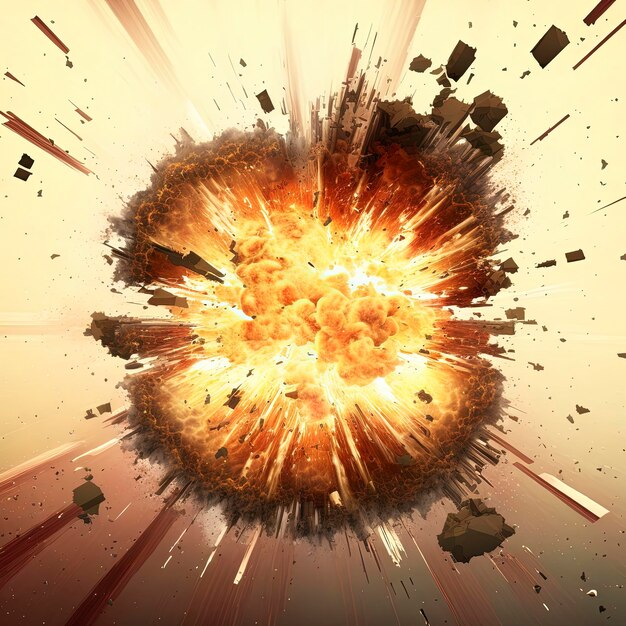An explosion is a sudden, violent release of energy that can cause damage to nearby buildings and objects, and injure or kill people. The most common type of explosion is caused by a chemical reaction, such as the detonation of explosives or the combustion of fuel. explosions can also be caused by physical phenomena such as an earthquake or a volcanic eruption.
The effects of an explosion depend on its size, intensity, and location. A small explosion may cause only minor damage to nearby structures, while a large explosion can level buildings and create a crater. explosions can also generate shock waves that can cause further damage and injuries.
Explosions are often categorized according to their origin: natural (e.g., volcanic), accidental (e.g., gas leak), or intentional (e.g., terrorism). Natural disasters are usually beyond our control, but we can take steps to reduce the risk of accidents and prevent deliberate attacks. For example, we can design buildings to withstand the force of an explosion, install fire suppression systems in factories handling flammable materials, and improve security at potential targets for terrorist attacks.


